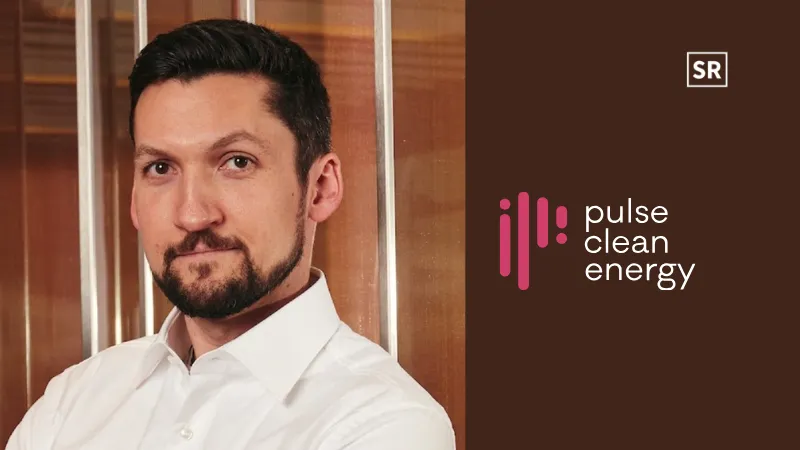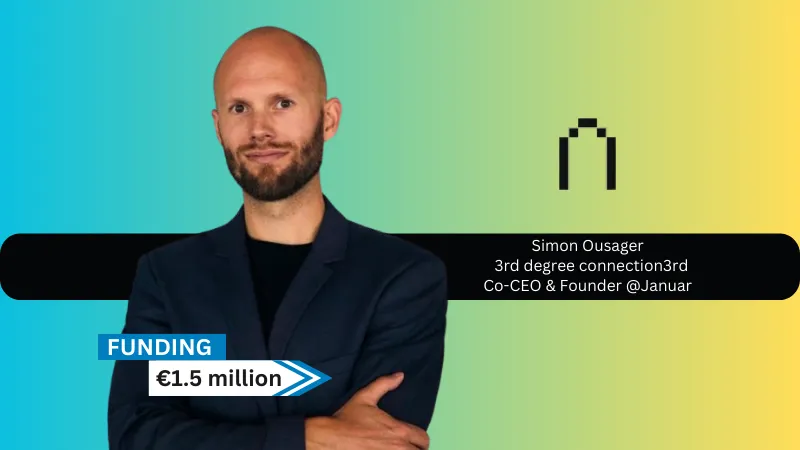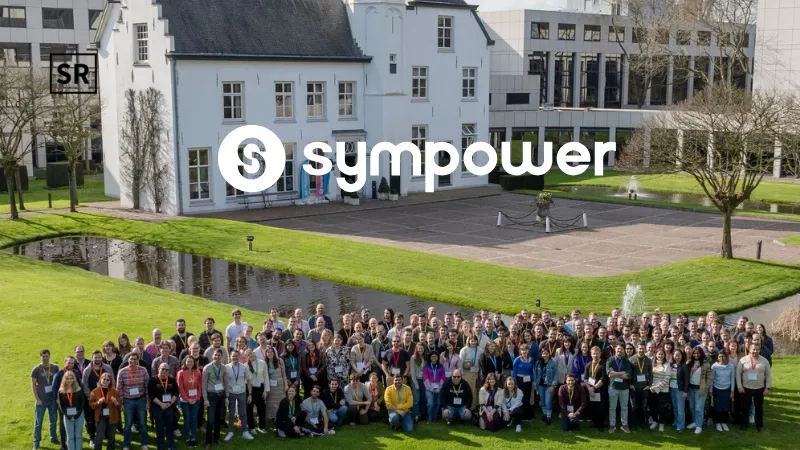
UK-based Pulse Clean Energy, focused on developing secure and renewable energy infrastructure, has secured £220 million (approximately €252.5 million) in green financing from a consortium of six international banks.
SUMMARY
- UK-based Pulse Clean Energy, focused on developing secure and renewable energy infrastructure, has secured £220 million (approximately €252.5 million) in green financing from a consortium of six international banks.
Structured under the Loan Market Association’s Green Loan Principles, the financing was coordinated by Santander Corporate & Investment Banking. Participating banks include Santander, NatWest, ABN AMRO, NORD/LB, Investec, and CIBC.
The deal marks one of the UK’s largest private debt financings for battery energy storage projects.
Javier Trueba, MD at Santander CIB, says, “This transaction reinforces Santander Corporate & Investment Banking´s commitment to supporting the energy transition in the UK, in particular focusing on facilitating the construction of battery storage as a key infrastructure component of that transition.”
RECOMMENDED FOR YOU

Fungiball funding news – French-based Fungiball Raises €2.2 Million in Pre-Seed Funding
Kailee Rainse
Oct 23, 2024

[Funding alert] London-based Klu Secures €1.6 Million in Pre-Seed Funding
Team SR
Oct 24, 2023
“We are proud to have supported Pulse Clean Energy in this exercise, whose vision, determination, and technical expertise underpin this very high-quality portfolio.”
Pulse Clean Energy will use the £220 million funding to develop six new battery energy storage system (BESS) sites and convert existing diesel sites into BESS assets. The financing will also support nine additional sites that are either operational or close to completion.
Read Also - Paris-based Sanofi Completes The Acquisition Of Vigil Neuroscience,Inc.
These projects span multiple regions across the UK, including Scotland, Devon, Greater Manchester, and Wales. The six new BESS developments will contribute over 700MWh of storage capacity to the UK grid.
Over their lifetime, these projects are expected to deliver more than £200 million in gas and emissions savings for UK consumers. Beyond direct cost reductions, they will enhance grid flexibility—enabling greater integration of renewable energy sources like wind and solar, reducing reliance on imported gas, and strengthening overall energy system stability.
Nicola Johnson CFO of Pulse Clean Energy, says, “This landmark investment reflects strong global confidence in the growing UK battery storage market and in Pulse Clean Energy’s ability to deliver at scale. These six facilities will not only strengthen grid resilience but also unlock significant cost savings for consumers by allowing more renewable power onto the grid and reducing the need for expensive backup power during peak periods.”
“We’re proud to be at the heart of the UK’s energy networks – delivering critical infrastructure and turning former fossil fuel sites into energy assets which will enable a better energy system. With the backing of partners who share our long-term vision, we’re accelerating toward a future where energy is not only clean, but reliable and affordable for everyone.”
The battery energy storage systems funded through this deal are expected to be fully operational by the end of 2027.
The company is also investing in grid-stabilising technologies such as synchronous condensers, which provide essential services like inertia and reactive power. As part of the UK’s net-zero strategy, Pulse is converting nine former diesel generation sites into battery storage and optimisation facilities.
Using a data-driven approach, Pulse works closely with government bodies, industry partners, lenders, and communities to support the UK’s energy transition. According to the National Energy System Operator (NESO), the UK will need at least 50GW of storage power and nearly 200GWh of capacity by 2050—requiring a four- to fivefold increase by 2030.
This latest financing positions Pulse Clean Energy to capture a meaningful share of that growing market. Previously backed by the National Wealth Fund (NWF) in its first battery storage debt transaction, Pulse is now supported by UK and European commercial banks, enabling NWF’s exit. The company aims to exceed 2GWh of operational capacity by 2030.
About Pulse Clean Energy
Founded in 2022 and led by CEO Trevor Wills, Pulse Clean Energy develops, builds, and operates Battery Energy Storage Systems (BESS) to help balance supply and demand on the grid—crucial for integrating renewable energy sources.


 Follow us
Follow us Follow us
Follow us













